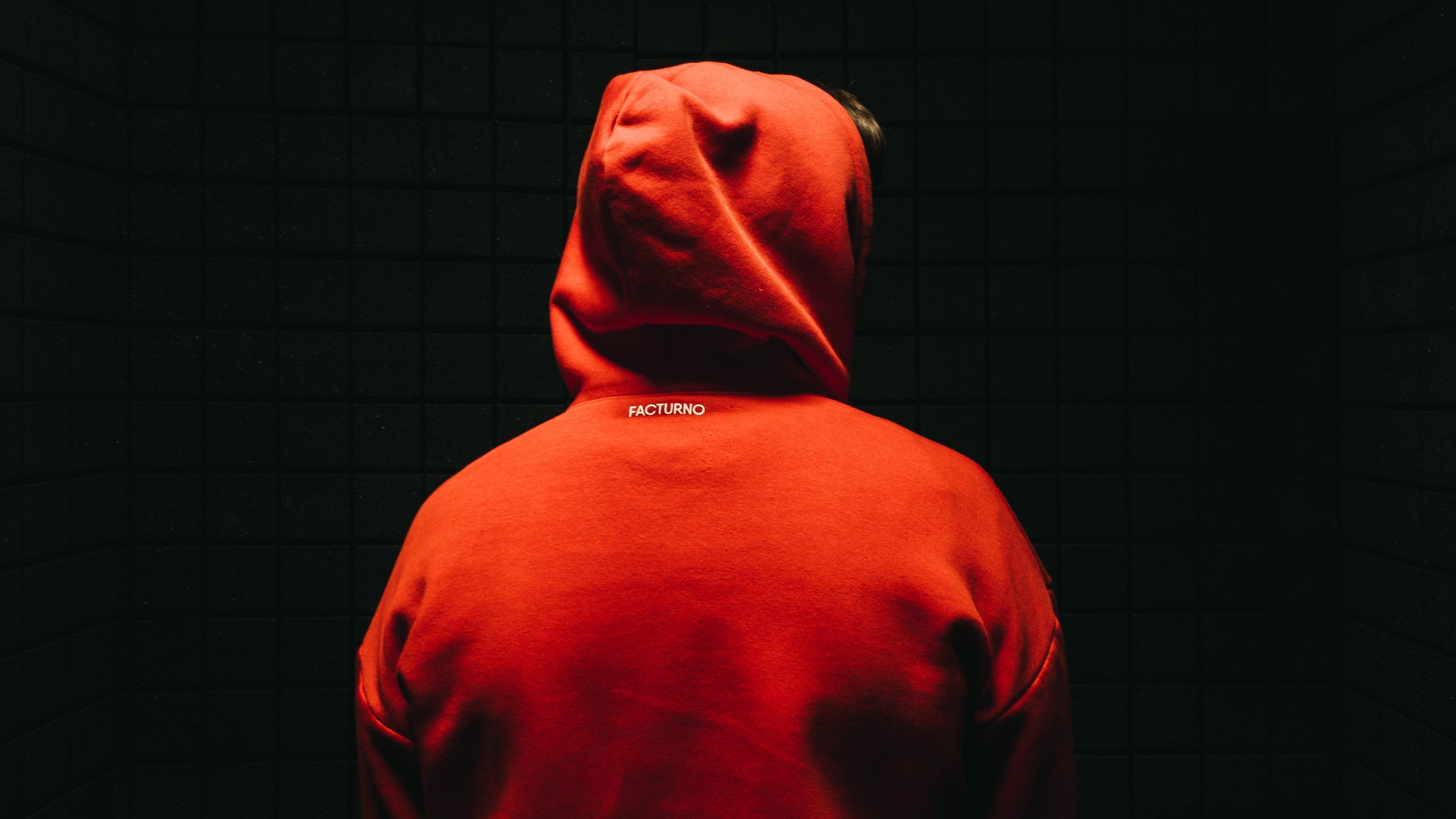
Photo by Eugene Chystiakov on Unsplash
Alternative Education is an intervention designed for secondary-school aged young people who are judged to be unlikely to benefit in traditional school models. The model supports over 2000 young people who are disengaged or disenfranchised from the school system. Many are in the youth justice system, and have been exposed to crime, violence and trauma. One in six learners in Alternative Education have been in Oranga Tamariki care.
Read the Term 3 edition of School News HERE
Shinoda’s comments come after the release of a report from the ERO in July which looked into the Alternative Education model. It found that less than 10 percent of learners in Alternative Education achieve NCEA Level Two.
The report also found that only one in five educators in Alternative Education are registered teachers, and many providers lack access to resources. The model also receives comparatively less funding than similar programmes in other settings, and providers of Alternative Education need to fundraise to remain viable. The system has a lack of accountability, and many facilities are outdated.
“Learners in Alternative Education have significantly worse outcomes than other young people, worse even than those who are similarly disengaged. We know that the long-term costs for these learners, their whānau and society can be devastating,” says Shinoda.
“Alternative Education is failing because of the current model – with a lack of qualified teachers, inadequate funding and no accountability.
“Alternative education is a missed opportunity to change these young people’s life trajectories. We know that when they are in Alternative Education they attend more and have a stronger sense of belonging.”
Shinoda continues that the last review of Alternative Education was 12 years ago, which found similar shortcomings.
Still, despite these damning reports, young people in alternative education say that they still prefer the model to mainstream education. They also overwhelmingly feel safe, connected and culturally respected, and they report regularly receiving help from their tutors.
Adrian Schoone, a Senior Lecturer in Education at the Auckland University of Technology argues that the goals for alternative education then, cannot simply be measured by academic outcomes. Still, Schoone notes that investment in alternative education is needed to better support young people who move in and out of that system.
A report from the ERO finds new teachers aren’t prepared to teach, citing poor initial…
Dr Sarah Aiono defends modern education practices against recent criticisms, outlining the evidence behind 21st…
The country's largest union has criticised the funding of charter schools, saying it diverts funds…
What does the ideal learning environment for the 21st century look like? In this Special Report,…
Is your current school management system still fit for purpose, or are you paying for…
Bullying contributes to poor wellbeing and absenteeism in New Zealand. Discover how you can address…
This website uses cookies.